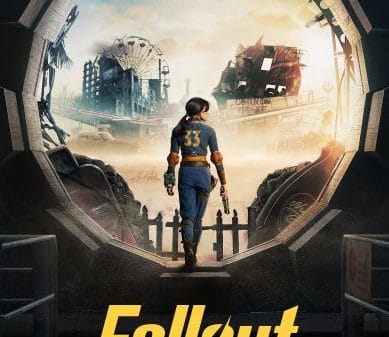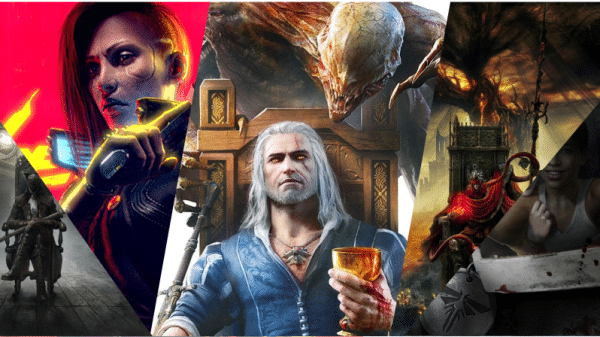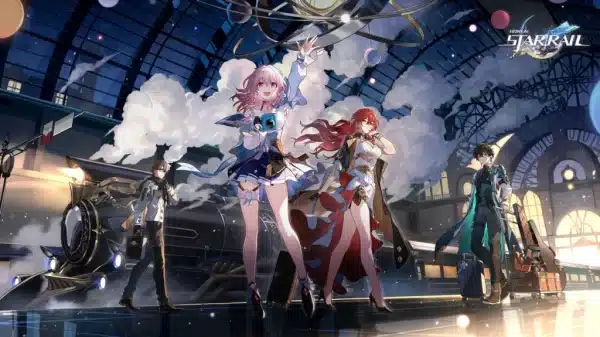Atomic Heart’s release is on the horizon after five years of development. Despite all the excitement surrounding this release, the game has been swamped with controversies.
Why all the controversy?
Atomic Heart has been in the hot seat mainly due to the studio behind it. The development studio, Mundfish, is based in Russia. This has made buyers hesitant; they worry that they will be supporting the Russian invasion of Ukraine by buying the game. This is blatantly untrue, as the money would go to the Mundfish, not the Russian government. Despite this, consumers are wary about supporting Russian businesses or consuming Russian media. This is not unlike the anti-Russia scare that happened at the start of the invasion of Ukraine last year.
Read More: Russia Threatens Wikipedia With $50K Fine Over Ukrainian War “Misinformation.”
Another reason consumers are cautious is due to the company’s investors. Those investors are Tencent, Gaijin Entertainment, and GEM Capital. Tencent and Gaijin Entertainment are two big names in the gaming industry. Gaijin Entertainment is the studio behind the insanely popular War Thunder. Tencent is a Chinese Tech company with its handprint all over the modern gaming sphere, owning shares in Discord and Riot games, among many others. The odd one out in this lineup is GEM Capital. GEM is a massive Russian tech company with them dabbling in real estate, video games, and nanotechnology. This particular investor has raised a few eyebrows due to it being a sizeable Russian conglomerate and a subsidiary of an even more giant conglomerate: Gazprom. Gazprom is a Russian energy company with direct ties to the government. Gazprom’s involvement is one of the controversies surrounding Atomic Heart.
A slightly smaller controversy
Oddly enough, even the game’s release date is stirring up controversy. Atomic Heart will release on February 21st, 2023. But on that same day one year ago, February 21st, 2022, Vladimir Putin signed a Presidential Decree recognizing Ukraine as an independent state right before sending armed forces into its borders. However, this is likely a coincidence, as this was not the game’s initial release date. Atomic Heart was planned to release in late 2022 but was delayed to 2023. Despite this, does its release date mean something? Probably not, as the developers have yet to comment on it.
What about the game itself?
Atomic Heart as a game is not free from controversy, with many upset at its story. Atomic Heart is set in an alternate timeline where the Soviets won the cold war in the 1950s. This has caused many to believe this game was in support of soviet actions in the 1950s rather than the critique it presents itself as. Many avid first-person shooter players may think this is all too familiar. Id Software’s Wolfenstein series has a very similar premise. Wolfenstein is set in an alternate timeline where the Axis Powers won WWII. However, in Wolfenstein and Atomic Heart, you are fighting against the Nazis/Soviets. This game is not in support of the Soviets, nor has it ever presented itself as such. However, many have interpreted the marketing of this game as supporting the Soviets. This is due to it being littered with satirical pro-soviet propaganda. This holds true in the pre-release party for Atomic Heart, pictured below:
How are the developers fighting the controversy?
Mundfish has been on heavy damage control leading up to Atomic Heart’s release. On Twitter, the developers have repeatedly stated that this game is not in support of the Soviets, nor will it be funding the invasion of Ukraine. Many times on Twitter, Mundfish has said its intentions as a pro-peace developer.
Source: Twitter
The game’s composer, Mick Gordon, has stated that he will donate all his payments to the Red Cross’s Ukranian Crisis Appeal. Mick Gordon previously composed the soundtracks to 2016’s DOOM and 2020’s DOOM Eternal. A very big name in the industry is making an even bigger stance in support of Ukraine.
Wrapping Up
Mundfish’s Atomic Heart has been plagued with controversy leading up to its release. With the Ukraine war still raging, people hesitate to support the Russian studio. Even more, they are hesitant due to the game’s Soviet-era setting. Will their damage control save Atomic Heart from drowning in controversy? Or will the ever-burning Twitter flame war burn it to a crisp?














